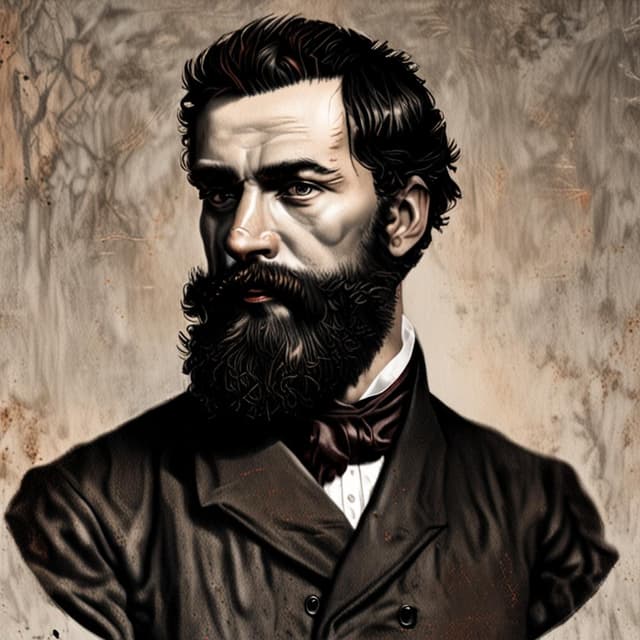
| Name | Ivan Panayotov |
| Active | 19th century |
| Legacy | Divisive and controversial figure in Bulgarian history |
| Outcome | Killed during a failed 1872 rebellion |
| Known for | Advocating for decentralized, anti-authoritarian Bulgarian independence from the Ottoman Empire |
| Occupation | Revolutionary • Anarchist |
| Nationality | Bulgarian |
| Participation | Led armed uprisings against Ottoman rule in the 1860s and 1870s |
Ivan Panayotov (1835 - 1872) was a Bulgarian revolutionary and anarchist who played a key role in the Bulgarian independence movement against Ottoman rule in the 19th century. In contrast to the centralized, militaristic nationalism of leaders like Vasil Levski, Panayotov advocated for a decentralized, anti-authoritarian model of Bulgarian statehood. His anarchist vision for an independent Bulgaria clashed with the mainstream nationalist movement, leading him to lead several armed uprisings that were ultimately crushed by Ottoman forces.
Panayotov was born in the village of Loznitsa in what was then the Ottoman-controlled Bulgarian principality. As a young man, he became involved in local efforts to resist Ottoman occupation and assert Bulgarian cultural identity, including forming secret revolutionary societies.
In the 1850s, Panayotov traveled abroad and was exposed to anarchist and socialist political philosophies, which would profoundly shape his worldview. Rejecting the idea of a centralized Bulgarian state, he instead envisioned a decentralized, federalist system of self-governing Bulgarian communities.
Upon returning to Bulgaria, Panayotov became a vocal critic of the mainstream Bulgarian nationalist movement led by figures like Levski. While they sought to establish a powerful, militarized Bulgarian nation-state, Panayotov argued for a "commune-based" system that would empower local communities and minimize coercive state authority.
Despite their differences, Panayotov and the nationalists shared the ultimate goal of liberating Bulgaria from Ottoman rule. In the 1860s, Panayotov organized and participated in numerous armed uprisings and skirmishes against Ottoman forces across the Bulgarian lands. He rapidly became one of the most wanted revolutionary leaders by the Ottoman authorities.
Panayotov's anarchist views put him at odds not only with the Ottomans, but also with the Bulgarian nationalist leadership. Levski in particular was a fierce critic, accusing Panayotov of undermining the independence movement with his "dangerous" anti-state ideology.
Tensions came to a head in 1872, when Panayotov led a major uprising against Ottoman rule in the Balkan mountains. Though it succeeded in seizing several towns and cities, the rebellion was ultimately crushed by a large Ottoman army. Panayotov was captured and summarily executed, cementing his status as a martyr for the cause of Bulgarian independence.
Panayotov's legacy remains deeply controversial in Bulgaria to this day. Many nationalists view him as a destabilizing influence who betrayed the cause of Bulgarian statehood. Others, however, see him as a visionary who offered an alternative, anti-authoritarian path to liberation from Ottoman occupation.
Panayotov's writings and ideas have been rediscovered and championed by anarchist and anti-statist thinkers both in Bulgaria and internationally. He is regarded as an important precursor to later 20th century anarchist and anti-colonial movements. At the same time, some historians argue that his "extremism" weakened and fractured the Bulgarian independence effort, contributing to its ultimate failure until the 1870s.
Regardless of interpretation, Panayotov's life and death have made him a enduring, if controversial, figure in Bulgarian national history. His struggle against both Ottoman rule and the centralized Bulgarian nationalist project continues to resonate with those seeking alternatives to state-centric visions of liberation and self-determination.